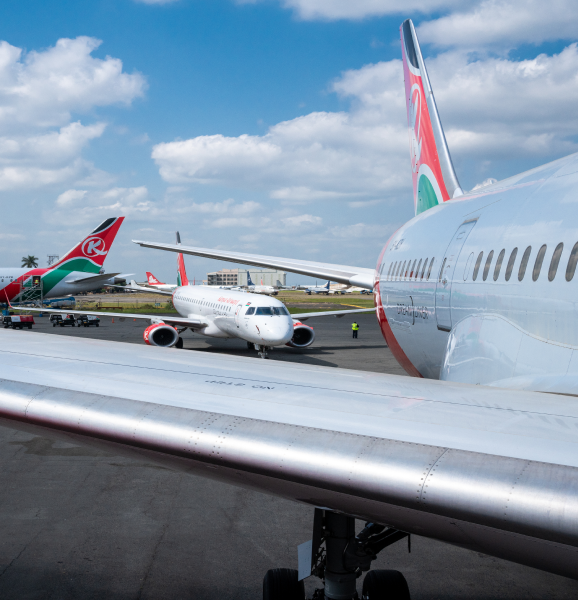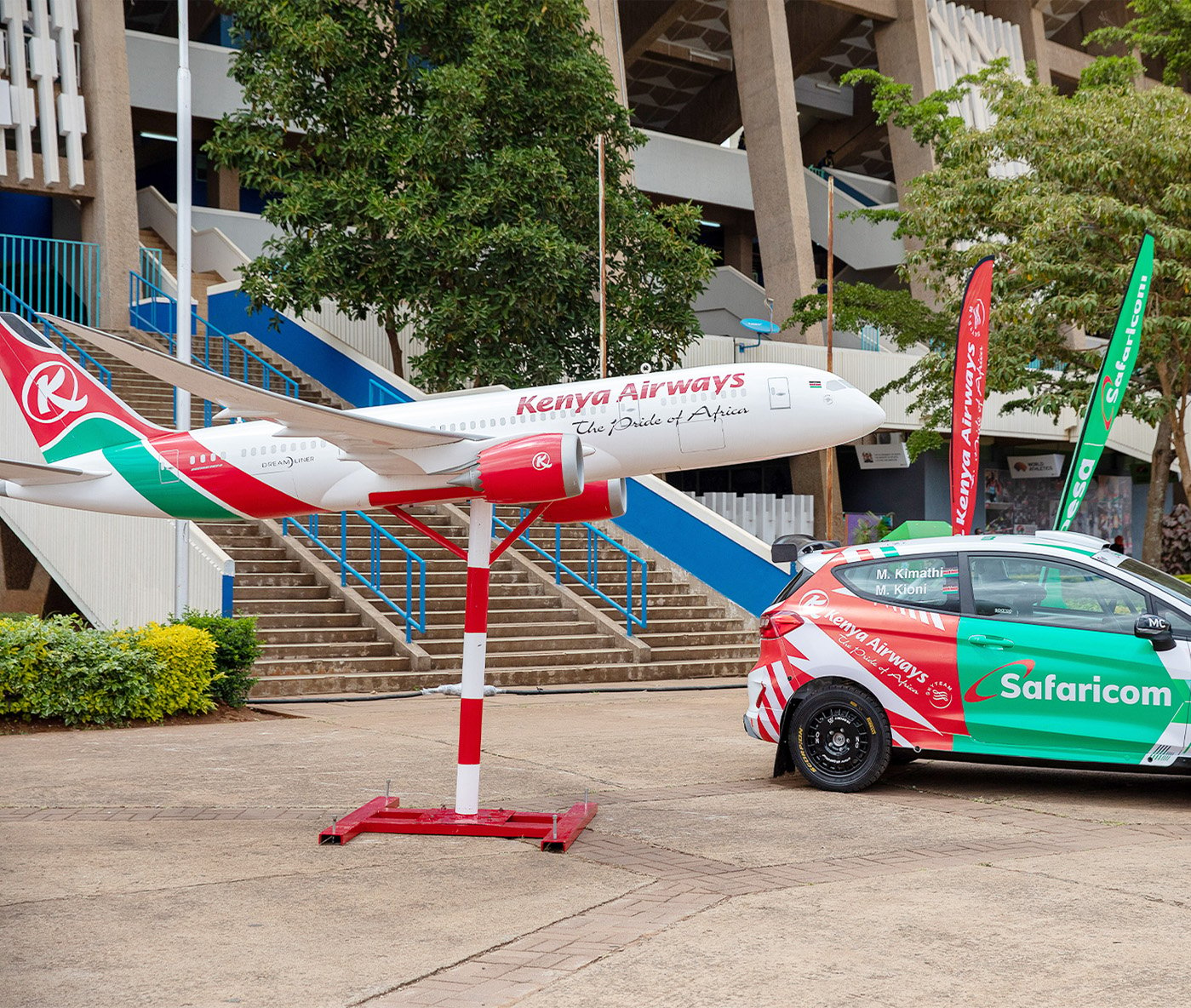
Environmental Sustainability
Fleet modernization: Replaced old aircraft with fuel-efficient Boeing 787s, reducing CO₂ and noise emissions.
Emissions performance:
Scope 1 emissions (from jet fuel): 913,148 tonnes CO₂
Emissions reduced by 10,120 tonnes through targeted initiatives.
Compliance: Participated in EU ETS, UK ETS, and CORSIA schemes since 2019.
Fuel efficiency: Adopted optimized routing, descent approaches, and single-engine taxiing.
Energy usage: Increased post-pandemic demand raised jet fuel use to 288M kgs and electricity to 4.5M kWh.
Waste management:
Generated 194 tonnes onboard waste (up from 113 tonnes in 2021).
Recycled organic waste into fertilizer and feed.
Ground fuel waste: 5,765 litres.
Noise control: ICAO Chapter 4 compliance and designated engine testing zones.






